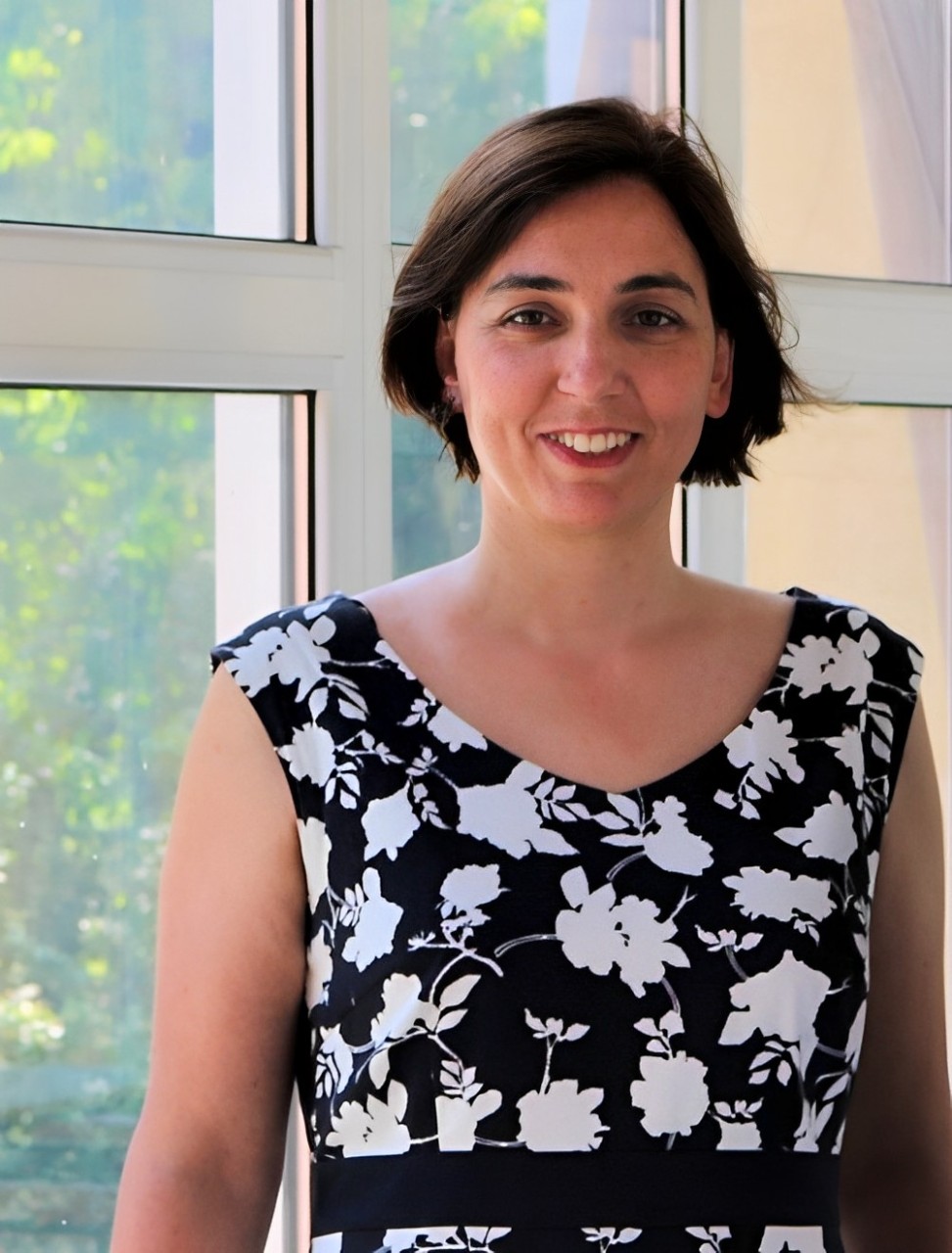[INVITED LECTURE] Ana-Sunčana Smith, PhD

"The role of theoretical approaches in pushing the boundaries of the current knowledge: the necessity of collaborations and interdisciplinarity"
Theoretical physics and chemistry have played pivotal roles in shaping the very fabric of our civilization. As the focus of academic research shifts from studying fundamental principles to addressing pressing societal challenges, the necessity for theoretical modeling becomes increasingly apparent. However, the intricate nature of the systems under examination presents a formidable challenge for theoretical predictions. In such circumstances, the ability to draw parallels between problems across various disciplines and tackle them collaboratively emerges as a crucial skill for future academics striving to advance our understanding and solutions to existing scientific conundrums.
In this presentation, I will underscore the pivotal role of modeling, simulations, and optimization in advancing knowledge, drawing upon a variety of research examples primarily rooted in the fields of physics and chemistry. Nonetheless, I will endeavour to illustrate that the fundamental principles underlying these methodologies hold broad relevance and applicability across diverse scientific disciplines.
Ana Sunčana Smith, PhD
Ana-Sunčana Smith is a distinguished Croatian scientist, affiliated with the Division of Physical Chemistry at the Institute Ruđer Bošković. She, furthermore, holds a professorship in theoretical physics at the Physics Department of Friedrich Alexander University Erlangen-Nürnberg. Her research is dedicated to the advancement of theoretical approaches for investigating complex, non-equilibrium systems, with a special focus on interfaces within biological and functional materials. Ana-Sunčana has made significant contributions to her field, as evidenced by her extensive publication record comprising over 100 papers. In recognition of her achievements, she has been honoured with several prestigious awards including the Croatian National Science Prize and the ERC Award.